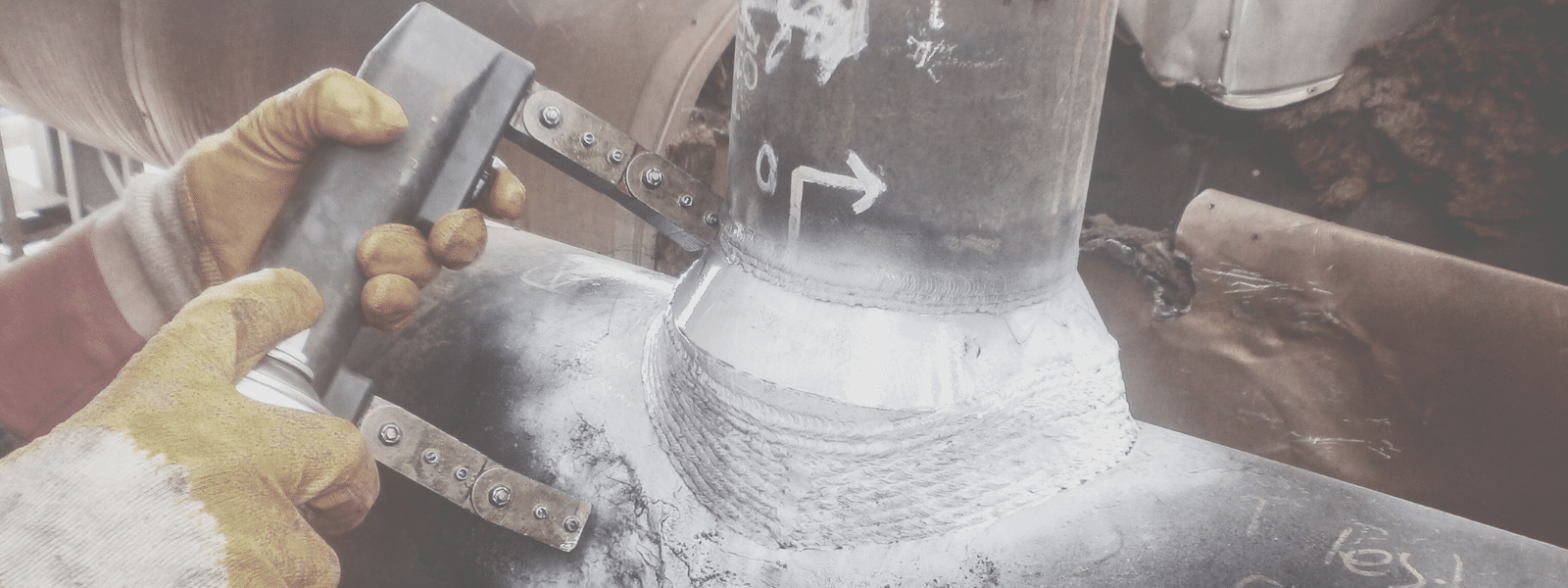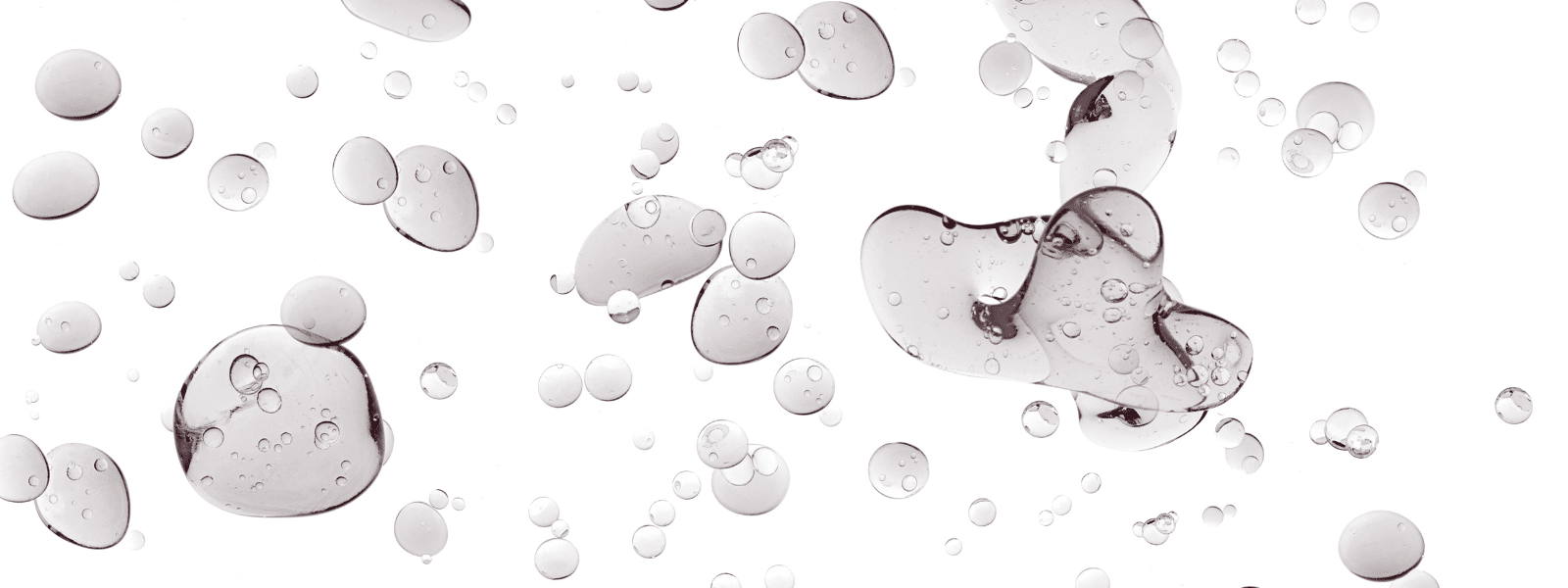What is Lacquer Thinner #11?
Lacquer Thinner #11 is a mixture of hydrocarbons Toluene, Methanol, and Acetone.
Lacquer Thinner #11 is an Ecolink product that features all three of the consistent chemicals found in most lacquer thinner, therefore it functions with consistent ability to act as a strong cleaning agent, fast thinning, and fast drying.
Lacquer Thinner #11 Benefits
- Low boiling point.
- Fast drying.
- High solubility.
- VOC compliant.
Common Applications
Lacquer Thinner #11 is typically utilized to thin resin, lacquer, and paint off of mechanical tools and equipment, and to clean paint brushes.
Lacquer Thinner #11 is primarily used to thin lacquer paint to create a smooth and streak free flow of paint.
Lacquer thinner lowers the viscosity of paint to create a fast drying, streak free, and smooth finished product.
Consumer Applications
Lacquer Thinner #11 can be used on a household level to thin lacquer for small projects, and to clean equipment immediately after use.
Lacquer Thinner #11 can also be utilized to renew nail polish.
The acetone present in Lacquer Thinner #11 enables it to revitalize old and dried out nail polish by simply mixing a drop of Lacquer Thinner #11 into the bottle.
Lacquer Thinner #11 is one of three Ecolink Lacquer Thinners including Lacquer Thinner #48, and Lacquer Thinner #51.
All three lacquer thinners possess similar qualities.
Lacquer Thinner #48 is composed of Toluene, Methyl Ethyl Ketone, Acetone, and Glycol EB–or 2-Butoxyethanol–, and Lacquer Thinner #51 is made of Toluene, Acetone, Methanol, and Glycol EB.
The chemicals that are present in Lacquer Thinners #48 and #51 such as MEK and Glycol EB perform the same functions as the basic components in Lacquer Thinner #11.
Lacquer Thinner #11 has the advantage of featuring the substances that are key to lacquer thinning.
One could purchase Toluene, Methanol, or Acetone separately, but on their own they would not perform as effectively as they do in Lacquer Thinner #11.
Acetone vs. Lacquer Thinner #11
It is often speculated whether acetone can function as a replacement for lacquer thinner.
Acetone functions similarly to lacquer thinner. Just like Lacquer Thinner #11, Acetone is a strong cleaning agent, dries fast, and highly soluble.
Acetone is more toxic than Lacquer Thinner #11, #48, or #51.
This is one of the reasons why it is best to utilize lacquer thinner when it may be necessary.
Acetone is important to Lacquer Thinner.
This necessity is evident by the fact that acetone is present in nearly every strain of Lacquer Thinner, and is a prominent feature in all three Ecolink Lacquer Thinners.
However, acetone’s importance to lacquer thinner should not lead to an assumption that acetone can replace lacquer thinner.
Safety and Handling
Lacquer Thinner is toxic and highly flammable when used in large quantities. Caution should be taken whenever utilizing Lacquer Thinner #11 for at home or industrial use:
- Lacquer thinner is harmful if swallowed or inhaled.
- Lacquer thinner causes skin irritation.
- May cause drowsiness or dizziness.
- Causes eye irritation.
- Should be kept away from any heat sources.
- Avoid breathing dust, fumes, gas, spray, or vapors.
If you would like to purchase Lacquer Thinner #11 or any other Ecolink Lacquer Thinner product, please call (800-563-1305 or Shop Online Here.














